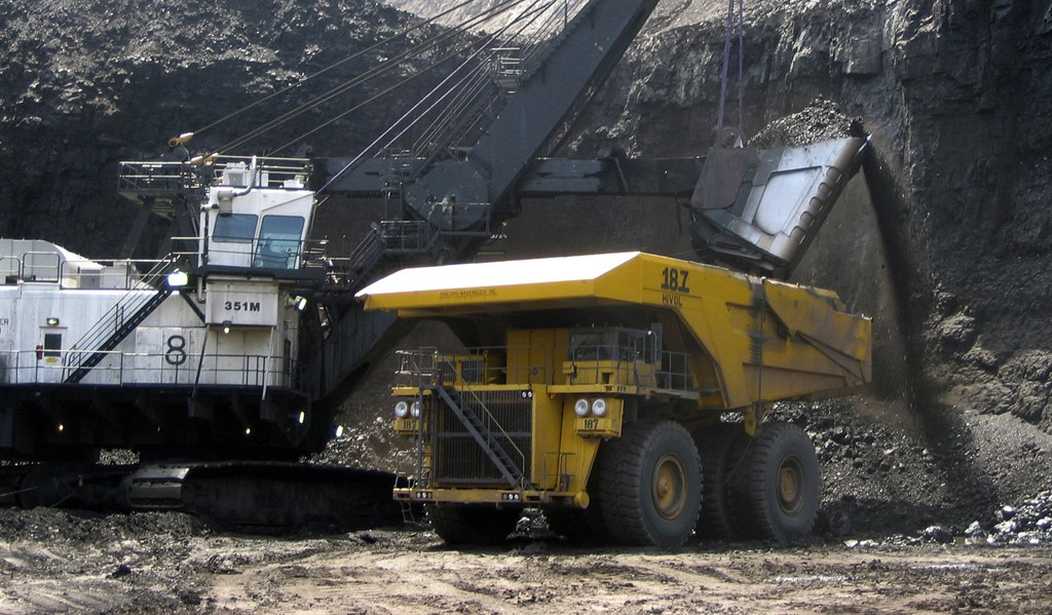How many calories do you consume each day? If you answered something like “2,000” or “3,000,” you’re kidding yourself. You consume about 60 to 90 times that many.
True, you probably eat only 2,000 to 3,000 calories a day, but most of the calories you consume aren’t from food. They’re the energy you use when you turn on a light or computer, drive your car, use your cell phone, or do anything else requiring energy.
If you’re like the average American, you consume about 186,000 calories a day, and over 98% of it is machine energy. It serves you, minute by minute, day by day, uncomplaining. It is largely responsible, because it powers everything that makes us healthier and safer, for the fact that Americans born today can expect to live about 80 years—compared with under 30 before the Industrial Revolution.
Very few—perhaps 1 in 100—of our ancestors consumed that much energy in a day—mostly in the form of animal and slave labor. The animals and slaves got all their energy from food. Now we get most of our energy from fossil fuels (about 87% worldwide), and most of the remainder from hydro (7%) and nuclear (4%), and only 2% from wind, solar, geothermal, biomass, and biofuels combined.
Harnessing energy through machines instead of animals and slaves enables us to benefit from a level of energy consumption that only a tiny minority had three centuries ago—even while abolishing slavery.
Today, however, environmentalists, and politicians like President Obama, call our use of fossil fuels an “addiction” analogous to drug abuse. They warn that we’re causing dangerous global warming—though the computer models behind their claims predict two to three times the observed warming over the relevant period. They demand that we curtail our fossil fuel use—even stop it completely, even at a cost of trillions of dollars (over $100 trillion to eliminate fossil fuels by 2030) that we could use otherwise to reduce hunger and disease and increase housing, transportation, education, health care, and other benefits worldwide.
Recommended
One might as well demand that someone cut his food intake from 2,000 calories a day to 300 because the other 1,700 are his “addiction.” Abundant, affordable, reliable energy is indispensable to lifting and keeping whole societies out of poverty, and fossil fuels are and for decades to come will remain our best source.
Contrary to Green-sponsored myth, we can burn oil, natural gas, and coal to generate energy, as we do in America, without causing harmful pollution levels. The wealthier a society gets—partly by energy from fossil fuels—the more it reduces pollution. Poor countries where biomass remains the main cooking and heating fuel for some 2 billion people, causing 2 to 4 million premature deaths and hundreds of millions of respiratory illnesses annually, desperately need this cleaner, affordable upgrade.
Time to break our “addiction” to fossil fuels? Far from it! Time to spread their use throughout the developing world, lifting billions out of poverty and into healthier, longer lives.
























Join the conversation as a VIP Member